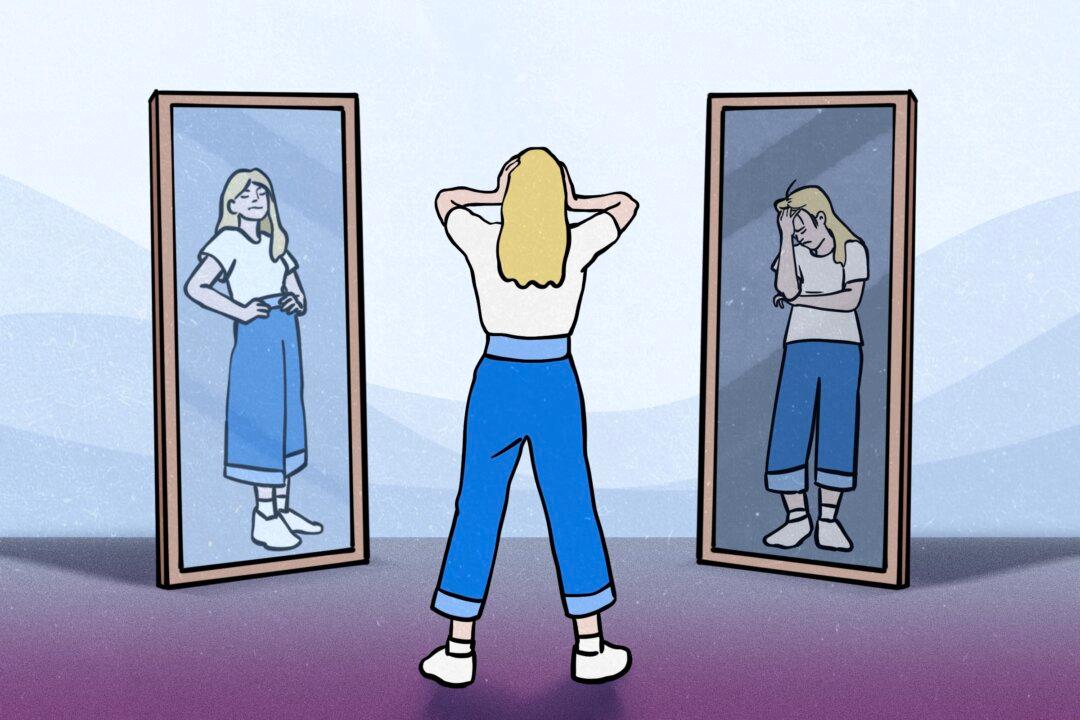A beautiful thing about people is that we tend to improve in the most fundamental ways as we age—and grow happier in the process. That may be in part because some of our least desirable traits tend to decline with age.
We may not be all that aware of some of those traits. It can often be hard to see ourselves in a clear light, or we may be too brittle to truly reflect on our flaws.






